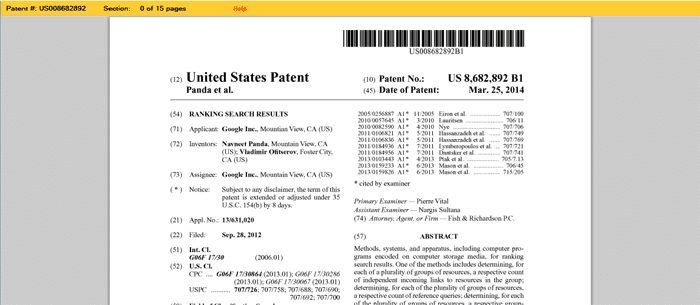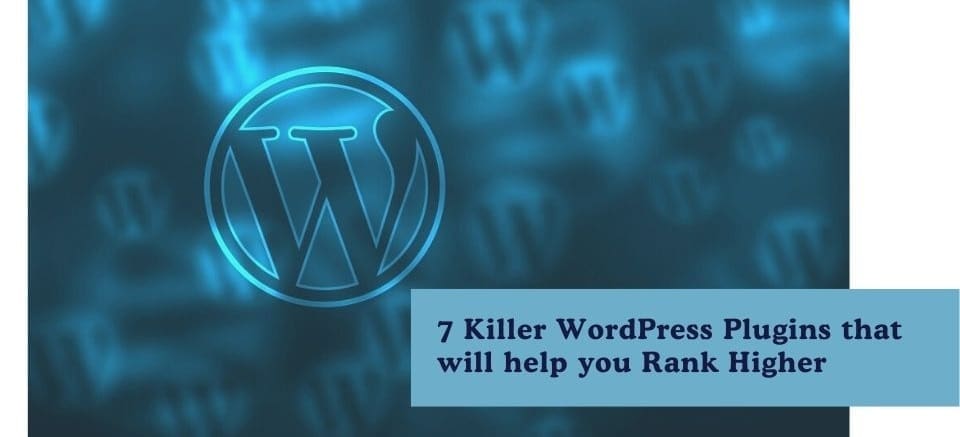In the wake of several iterations of the Google Penguin penalties and a recent assault on guest blogging, marketers and webmasters worldwide express confusion and concern over the state of link building in 2014.
Link building is no longer a simple volume focused activity. Now, a range of factors impact success, as well as risk of a penalty.
We deal with a great deal of client concern these days.
But link building remains alive and well.
There are still tried and true methods for building links, and even a few areas where you can earn what we refer to as “implied links.”
If you have ever heard an SEO talk about the importance of citations and brand mentions, you’ve been exposed to this concept.
Implied Links: Citations, Mentions and Links “Without” Links!
Even though we’ve seen a bit of a scorched earth approach to links by Google the past couple of years, the vast majority of search engine optimization firms still focus heavily on link building and link cleanup to generate revenue.
Guest posting, although held to a higher standard than in years past, remains one of the top tactics for building these links.
What if I told you a link, be it nofollow or not, is not the only option for driving domain authority through guest blogging?
Old school SEO minds might scoff at me, even conclude that I have no idea what I’m talking about. Take a second to hear me out.
Looking back to the infamous Matt Cutts blog post about sticking a fork in guest blogging, there was a deeper message in the post.
Matt talks about how guest posting is still a viable technique if done right – for exposure to a new audience, to establish expertise, to build and engage a community, and to gain brand awareness for your company.
His key point is that guest blogging strictly for SEO and links is dead. Not the whole discipline!
Then this week, a new patent that Google has filed came to my attention.
In this patent, there is some very interesting verbiage about how they measure authority.
Here is an excerpt (from page 9 of the document) for you to consider:
An express link, e.g., a hyperlink, is a link that is included in a source resource that a user can follow to navigate to a target resource. An implied link is a reference to a target resource, e.g., a citation to the target resource, which is included in a source resource but is not an express link to the target resource. Thus, a resource in the group can be the target of an implied link without a user being able to navigate to the resource by following the implied link.
In other words, a hyperlink as we know it today is referred to as an express link.
But that’s not the only type of link that is factored into the algorithm.
There is also something called an implied link.
Internally, we talk about this topic all the time, referring to it as an online citation or brand mention.
Essentially, it’s when a third party website mentions your company name, brand, product brand, or even a URL on your website without actually linking back to the site itself.
I have no idea how ingrained this functionality is into today’s algorithm, but it is clearly a focal point for Google at the moment.
I can say this though – companies with big public relations campaigns tend to get more online citations, and hence tend to show up in the SERPs higher on average.
In the past, I assumed this was largely based on links from media coverage.
But that’s not the whole story any more, if it were ever so.
Why Citations as Links is No Surprise
There are a number of reasons that citations have become more important to Google.
Here are some of my primary observations:
Measuring Authority Better
With the assault on links and guest blogging, Google needs an alternative way to measure authority.
What better way than to understand online mentions of your company where no link is present?
Weakening the Impact of Manipulation
Brand mentions and citations are much harder to manipulate than links and anchor text.
Even on guest posts, if a site will mention / vouch for your brand, it is unlikely that the guest post is there solely for the purposes of driving SEO juice back to the author’s website.
Building Into Social SEO
Still working to figure out how to benchmark social signals, Google needs an alternative way to measure sentiment.
Keep in mind that social media shares tend to be nofollow, so the links don’t pass PageRank anyway.
In addition, there needs to be a way to handle shares/tweets/updates that include a brand citation but no link at all.
These factors are almost surely at play here.
Already Matters for Local SEO
If you keep up with the latest in Local SEO, you likely already know this – citations have been part of the local algorithm for several years now.
Just look at the impact of consistent NAP information across local directories and review sites.
It’s mandatory if you want to rank well locally, so this isn’t uncharted territory for Google’s algorithm.
Summary
Google keeps improving their algorithm, and implied links are a natural next step given the recent re-evaluation of where links should fit into the equation in the future.
If you can get mentioned on a site without a link, don’t turn it down.
If they aren’t already part of the overall algorithm (and I think they are), citations will soon matter just like dofollow links do today.
Even if you can just get a nofollow link, take it and make sure they mention your company name or domain.
Learn More About Our Digital Marketing Services:
- Traditional Search Engine Optimization (SEO) Services
- AI-Driven Discoverability Consulting (Answer Engine and Generative Engine Optimizations, or AEO and GEO)
- AI-Enabled Advertising and overall Digital Strategy
Updated October 30, 2025
Related Content
Google Validates that PR is SEO in Patent Filing (Shift Communications)
The Panda Patent: Brand Mentions Are the Future of Link Building (Moz)
Tommy Landry
Latest posts by Tommy Landry (see all)
- Why Local SEO Transfers to AI When Most SEO Tactics Don’t - February 10, 2026
- The Great Decoupling of Search - January 13, 2026
- How to Use AI to Accelerate Content Creation Without Losing Authenticity - January 6, 2026





